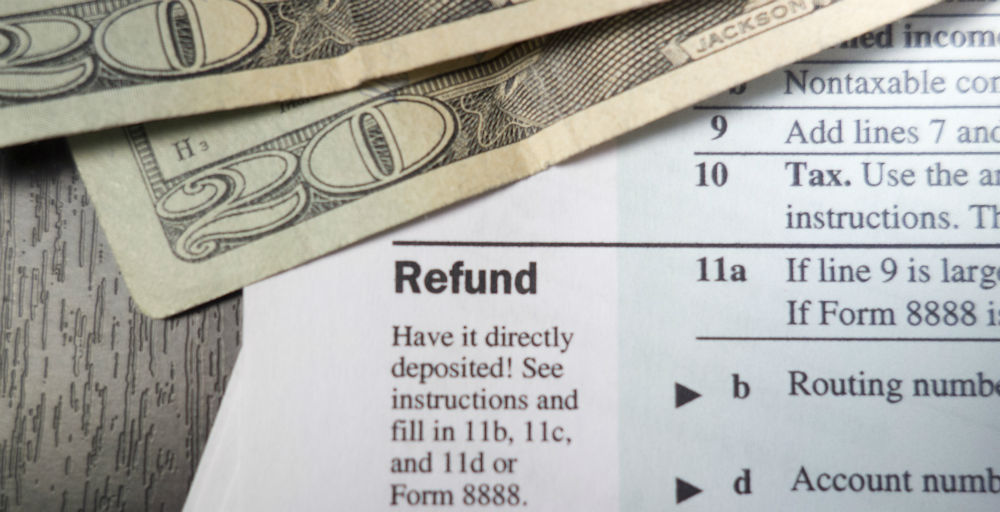As the end of the year approaches, tax season isn’t far behind. For individuals receiving social security disability (SSDI) for the first time, it may be confusing as you may not know if you even need to file. After all, you’ve always filed a tax return and received a tax refund. But do you need to file, and will you receive a refund if you are receiving SSDI?
Tax Filing and Refund on Social Security Disability
If your only income is social security disability benefits, it’s unlikely that you will owe the IRS anything at the end of the year or need to file a return. Clearly, if you don’t file, you also won’t earn a refund check. But, this is only if your sole income is the benefits. Other sources of income that could require you to file a full tax return include owning rental property, or an interest-bearing savings account.

The IRS will tax a percentage of your social security disability benefits depending on your income level and filing status. If you are single, your income must be $25,000 or higher. This is “combined income,” which includes taxable wages, interest, dividends, pensions and half of your social security benefits. If you are filing a joint return with a spouse, this number rises to $32,000.
 If you have no other income, or very limited income, other than SSDI, you likely will not have to file a tax return and subsequently will not receive a tax refund. The average social security disability benefit is around $1,200, so you will easily be under the annual threshold with that amount coming in.
If you have no other income, or very limited income, other than SSDI, you likely will not have to file a tax return and subsequently will not receive a tax refund. The average social security disability benefit is around $1,200, so you will easily be under the annual threshold with that amount coming in.
If you are married and filing separately, the rules change a bit. If you file in this manner and lived with your spouse at any time during the year, 85% of your disability benefits would then be taxable. This is in place to avoid married individuals from evading taxes that would be incurred from a spouse’s income.
Available Credits for Disability Recipients
You may get a tax refund on disability in certain situations if you don’t owe, but file claiming certain tax credits. For example, you may get a credit for being disabled if you received benefits from an employer insurance or pension plan. The IRS also offers a credit for costs related to the independent care of a spouse or dependent if the person claiming the credit is looking for work.
There is also an Earned Income Tax Credit for taxpayers with disabilities and parents of children with disabilities. Many individuals with disabilities miss out on this valuable tax credit because they don’t file a tax return. Learn more about this credit here.
If you have questions about SSDI and SSI, or have been denied disability by the Social Security Administration, don’t hesitate to call Tabak Law at 844-432-0114.
